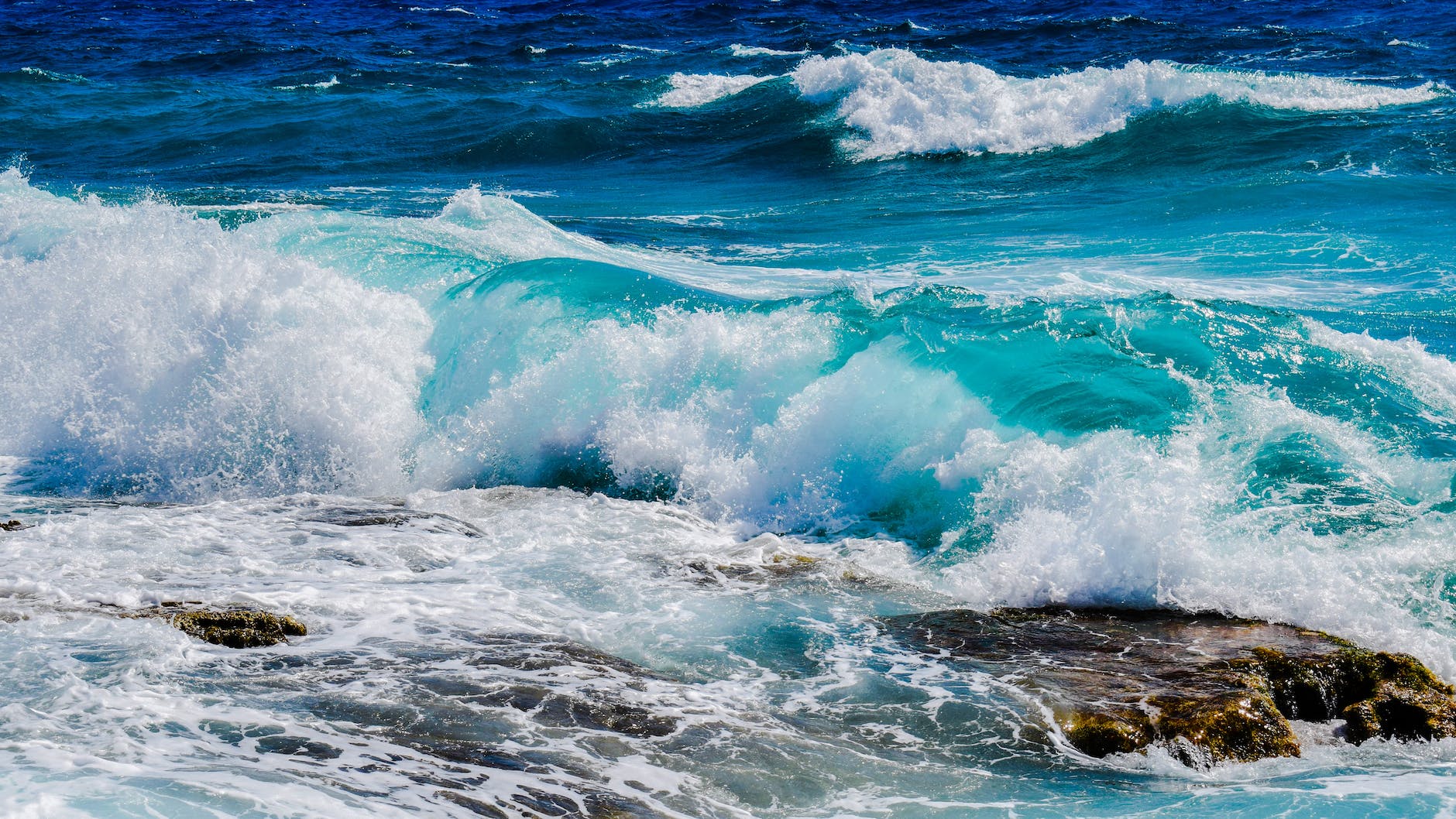
The ocean is a powerful, nurturing force. It provides us with every second breath we take, it shapes our weather, and it is home to an incredible array of wildlife. However, our ocean is also on the front lines of climate change, absorbing carbon dioxide and heat to regulate the Earth’s climate.
The theme of World Oceans Day this year, 30 by 30, is a call to protect 30% of our ocean by 2030. At Planetary, we believe we need to strive for more. We cannot simply aim to protect our ocean; we must actively work to heal it.
The damage that climate change is causing to our oceans is hard to see from the surface. It doesn’t lend itself to shocking photos like oil spills or plastic pollution. But the impact is still there and it’s getting worse at an incredible rate. And unlike some other harms, climate change doesn’t respect conservation zones or areas of special interest. Every part of the ocean is impacted.
Planetary works to directly heal the damage that CO2 does to the ocean. By neutralizing some of the excess acidity caused by carbon pollution, our process promises to restore the ocean and climate for generations to come. There’s lots of research to do to prove this process to be safe and effective, and we’re dedicated to responsibly doing that work.
But for this endeavor to succeed, we need more than science. We need people of all generations who are willing to redefine the future. We need a shift from the path of loss we have been following to a path of healing and recovery. We need to be willing to not only stop the damage we’re doing, but also to work to repair the damage we’ve already caused.
Young people are the emerging leaders and workers of our world, and they possess the power to change the course of history. We cannot allow the present state of affairs to dictate our future. The toll of our past reliance on fossil fuels is becoming increasingly clear, but the path forward is not just a dream—it’s a realistic and attainable vision.
The science of oceanography and biology is critical to our efforts, but it is not the only piece of the puzzle. Regardless of your skill set or area of expertise, you have a role to play in healing our oceans. Engineers, programmers, policy advocates, educators, artists, or storytellers, each of you can contribute to this mission.
We need to get to 30 by 30, but we can’t stop there. In addition to preventing the harms we can see, we must have the imagination and the resolve to address those that aren’t as visible. Our ocean and our climate are completely interconnected. We can’t protect one without protecting the other.
Let this World Oceans Day mark the start of a global, all-hands-on-deck effort to restore the health of our planet’s largest life-support system. After all, when we heal the ocean, we heal ourselves and secure the future of generations to come. We have a unique opportunity to alter the course of history, and everyone—especially our youth—has a role to play. It’s time to dive in!
